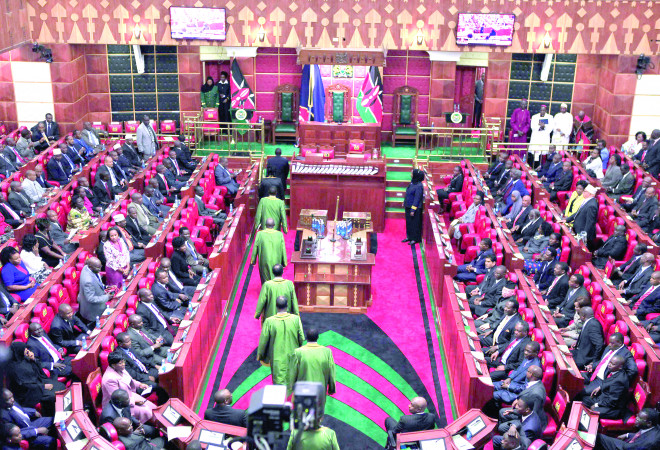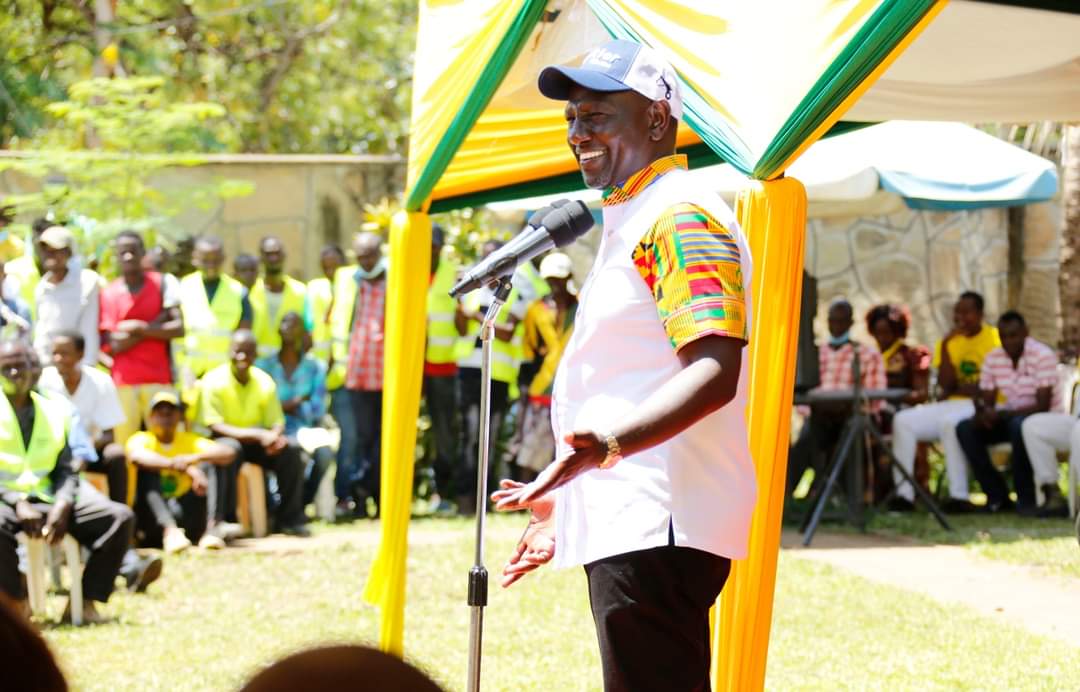Ambitious Big Four agenda falls short of target, Budget committee observes

by Herald Aloo
The Budget and Appropriation Committee (BAC) has warned that the ambitious Big Four Agenda is far from reaching its target by 2022 and want an immediate audit.
In the FY 2021/22, the government allocated Sh142.1 billion towards implementation of the Big Four Agenda, and BAC has now recommended policy adjustment to help reach the intended milestone even as the country struggles with revenue collection.
“With regard to the Big Four Agenda, the committee observed that although there has been a lot of progress in the implementation, significant gaps are still evident. Indeed, for each of the four pillars, the overall target is far from being achieved,” the committee stated.
The committee led by Kieni MP Kanini Kega has observed that the intended target of increasing the share of manufacturing to Gross Domestic Product (GDP) ratio to 15 per cent by 2022 is lagging by 7.4 per cent, much lower than where it was in 2018, at 9.2 per cent.
The team wants Treasury to prepare a report on all the Big Four projects and submit it to the House by the end of March. The President has anchored his two-term legacy on the projects being implemented along four pillars: universal healthcare, affordable housing, food security and manufacturing.
“The National Treasury submits a report on the implementation status of the Big Four Agenda to Parliament by March 31. The report should include information on key milestones achieved, missed targets and a list of development projects to be completed in FY 2022/23 as prioritized under the Public Investment Management,” ordered the committee.
A 2020 Competitiveness Industrial Performance Index indicated that Kenya’s manufacturing sector is ranked at position 115 out of 152 countries in global manufacturing, indicating that product competitiveness has to be addressed to achieve higher exports.
The International Monetary Fund (IMF) recently raised similar concern over Kenya’s export performance citing that the share of the global export market has remained unchanged for 15 years compared to many other countries in the region.
Recent data from CBK indicates that Kenya’s import from neighboring Tanzania surged by 50 per cent in 11 months to November last year compared to its export which grew at a slower pace of 44 per cent. The manufacturing sector contracted by negative 0.1 per cent due to the impact of the Covid-19.
The chances of Kenya being hunger free by 2022 continues to grow thin as BAC conceded that the country cannot feed itself. “The target was to achieve food and nutrition security by 2022 through increased large-scale production as well as smallholder productivity and agro-processing. The Committee observes that currently, there is a food crisis in some parts of the country with over 2 million Kenyans facing starvation in more than 20 counties,” the committee submission read.











